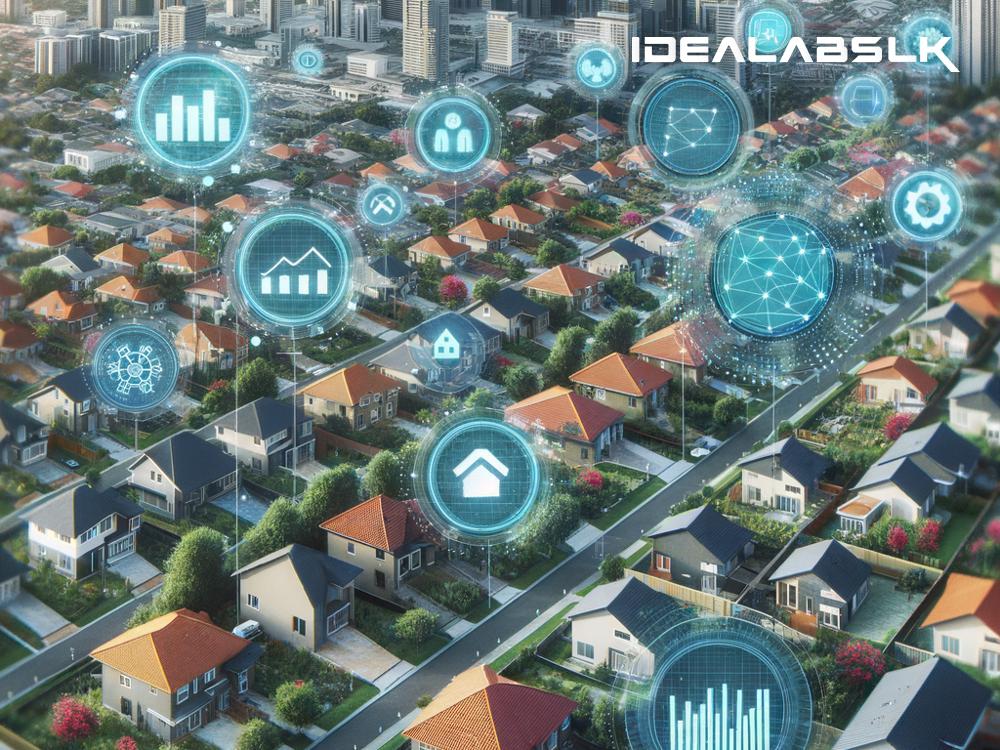AI for Enhancing Property Value Assessment Models: A Simpler Explanation
The world of real estate is on the brink of a revolution, thanks to the power of Artificial Intelligence (AI). When it comes to determining the value of a property, the traditional methods, although reliable to some extent, come with their own set of challenges. They can be time-consuming, subject to human error, and often fail to consider all the minute details that could affect a property's value. Enter AI, the game-changer that's making property value assessment smarter, faster, and more accurate. Let’s break down how AI is enhancing property value assessment models, in simple English.
Understanding the Traditional Landscape
Traditionally, assessing the value of a property involves a lot of legwork and paperwork. An assessor might visit the property, take notes, compare it with similar properties, and then use their judgment and experience to estimate its value. This process, though straightforward, misses out on the complexities and the dynamic changes happening around the property. For instance, how do upcoming infrastructure projects or changes in neighborhood amenities impact property value? This is where AI tools offer a promising alternative.
The Role of AI in Property Value Assessment
AI, or artificial intelligence, is like having a super-smart assistant that can analyze vast amounts of data quickly and efficiently. For property value assessment, AI tools use algorithms — a set of rules or instructions — to evaluate data related to a property and calculate its value. These tools can process information from various sources such as property databases, satellite imagery, market trends, and even social media. The best part? They can do this at lightning speed and with incredible accuracy.
Why the Hype Around AI?
-
Accuracy and Detail: AI models are designed to analyze and incorporate a wide range of factors that influence property prices, including some that human assessors might overlook. This means they can often provide a more detailed and accurate evaluation of property value.
-
Speed: What might take humans days to analyze and compute can be done by AI in a matter of seconds. This efficiency is particularly useful for large-scale assessments or when quick decision-making is essential.
-
Constant Learning: One of the coolest aspects of AI is its ability to learn and improve over time. As it processes more data, an AI model can refine its understanding and provide even more precise value assessments.
-
Objectivity: While human assessments can be influenced by personal biases, AI tools rely purely on data and algorithms, offering a more objective look at property values.
Applications in Real Life
Imagine a homeowner looking to sell their property or a real estate investor trying to find their next project. With AI-powered assessment tools, they can get an accurate estimate of a property’s value quickly, helping them make informed decisions. For government and municipal bodies, AI can streamline property tax calculations and ensure fairness and transparency in the process.
The Human Touch Still Matters
Despite the impressive capabilities of AI, the human element remains crucial. AI can provide valuable insights and automate many aspects of the assessment process, but human expertise is still needed to interpret data correctly, make informed judgments, and handle unique or complex cases. The goal is not to replace human assessors but to enhance their work with AI tools, combining the best of both worlds.
Looking Ahead
As AI technology continues to evolve, its impact on property value assessment models is poised to grow even further. We may see a future where AI not only assesses current property values but can also predict future trends with great accuracy. However, with great power comes great responsibility. The adoption of AI in property assessments must be managed carefully to ensure fairness, transparency, and accountability.
In Conclusion
Artificial Intelligence is transforming how property values are assessed, bringing more accuracy, efficiency, and objectivity to the process. By harnessing the power of AI, we can make property assessments more reflective of the true market conditions and trends. As we move forward, the integration of AI into real estate practices promises not only to enhance the quality of property value assessments but also to democratize access to real estate data, making the market more transparent and accessible to everyone. The future of real estate valuation looks brighter than ever, thanks to AI.

